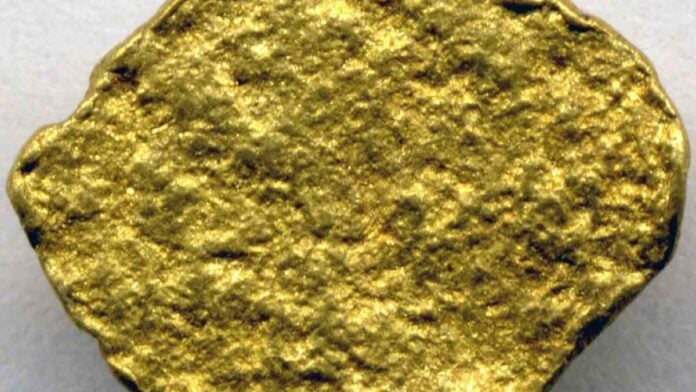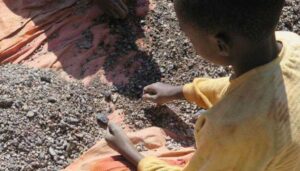
 A pépite d’or
A pépite d’or
At the RDC in Mali, African countries are rising against small foreign economies. Although 435 tons are illegally spent on the continent, governments must follow their legislation and hesitation and direct the multinationals. Mali has gotten its money back plus the $500 million at Barrick Gold and an arrest of the directors of Resolute Mining, marking the end of an era for companies that impose these conditions.
The exploitation of mines in Africa is a truly brutal event. On the continent where there is certainly more of the world’s wealth, most of the benefits come from the local population, which feeds many criminals and creates conflict. There is a dynamic repetition of the main story.
An artisanal souspressure
Le Global advice on how to dress a person without an apple : craft exploitation and the small economy represent 20% of global approval and mobilize 80% of the sector’s work. This activity is vital for the millions of people over 80 wages, the rest of the working conditions are dangerous. The use of the Mercure, the failure to respect environmental standards and the exploitation of children are the current currency.
In Africa, craft exploitation dominates mainly in Burkina Faso, Mali, Ghana and the Democratic Republic of Congo (DRC). If you work more than informally, it is worth using illegal practices against large amounts of resources. In 2022, the continent will illegally extract 435 tons, 30.7 billion dollars evaporates into nature.
The head of the armed groups
L’or artisanal clothing les convoitises criminelles. In the Sahel, terrorist organizations linked to Al-Qaeda or the Islamic State impose their laws on miners, who have no religious obligations. These “taxes” are aimed at the fight against insurgency and instability in the region.
If you have any problems, the group Wagner will replace the leadership of the Russian, and his tailor will take his part. In a central and western African economy, if you get the $2.5 billion allocated to exploitation in 2022, the fund will be reinjected into Russian military operations in Ukraine.
An answer to the African organization
Faced with the situation, some Africans are paying for the offensive. Le Mali, notamment, mene an unprecedented campaign against the big corporations of small businesses. In October 2024, Bamako recovered $512 million from Barrick Gold for the budgets provided. The Canadian government, which controls 80% of the Loulo-Gounkoto mines, is no longer limited to using pliers to temporarily suspend the procedure.
In November 2024, Director General Terry Holohan became the owner of a hotel in Bamako with positive frameworks. The Australian company, which knows 80% of my strategy from Syama, is facing false accusations and attention to the general public.
It is an offensive message in a complete retreat from a smaller evil sector. The Ministry of Mines has announced that the review of contracts with B2Gold, Allied Gold and Robex has received 245 billion francs of CFA supplements. The aim is to increase participation from 20% to 35% in the mini-projects and reduce the tax benefits of foreign companies.
Le coût humaine en milieu
On the ground, local communities may pay the price. The deforestation, the sols and the water flow are not contaminated by the mercury and cyanure. The conflicts over the control of resources force the population to exodus.
 The children’s journey
The children’s journey
In RDC the situation is particularly critical. The military controls most of the craft exploitation and controls the extortion systems. A 2017 report indicates that the artisanal production of official circuits is valued.
Initiatives have emerged to formalize craft exploitation. The Minamata Convention on Mercure and the Winning Principles are responsible to the Global Council for proposing the regulatory executives. My mise-en-œuvre is the lord of the manque of international cooperation and the political volonté.
The message from African governments to foreign investors is worth a little more: the contracts are balanced. Small businesses contribute to local development and accept control over their activities. As the dynamics in Mali become greater than in Burkina Faso and in Niger, a tournant is celebrated in the management of the continent’s resources.